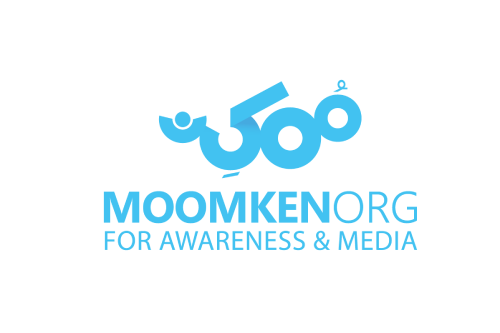Enhancing the Beekeeping and Honey Industry in Libya
The “Beekeeping in Libya” initiative, funded by USAID, aims to enhance the beekeeping and honey industry through comprehensive industry statistics, physical spaces, resources, training, testing protocols, and quality standards while integrating urban beekeeping to promote sustainable growth and community enrichment across environmental, social, and economic spheres.
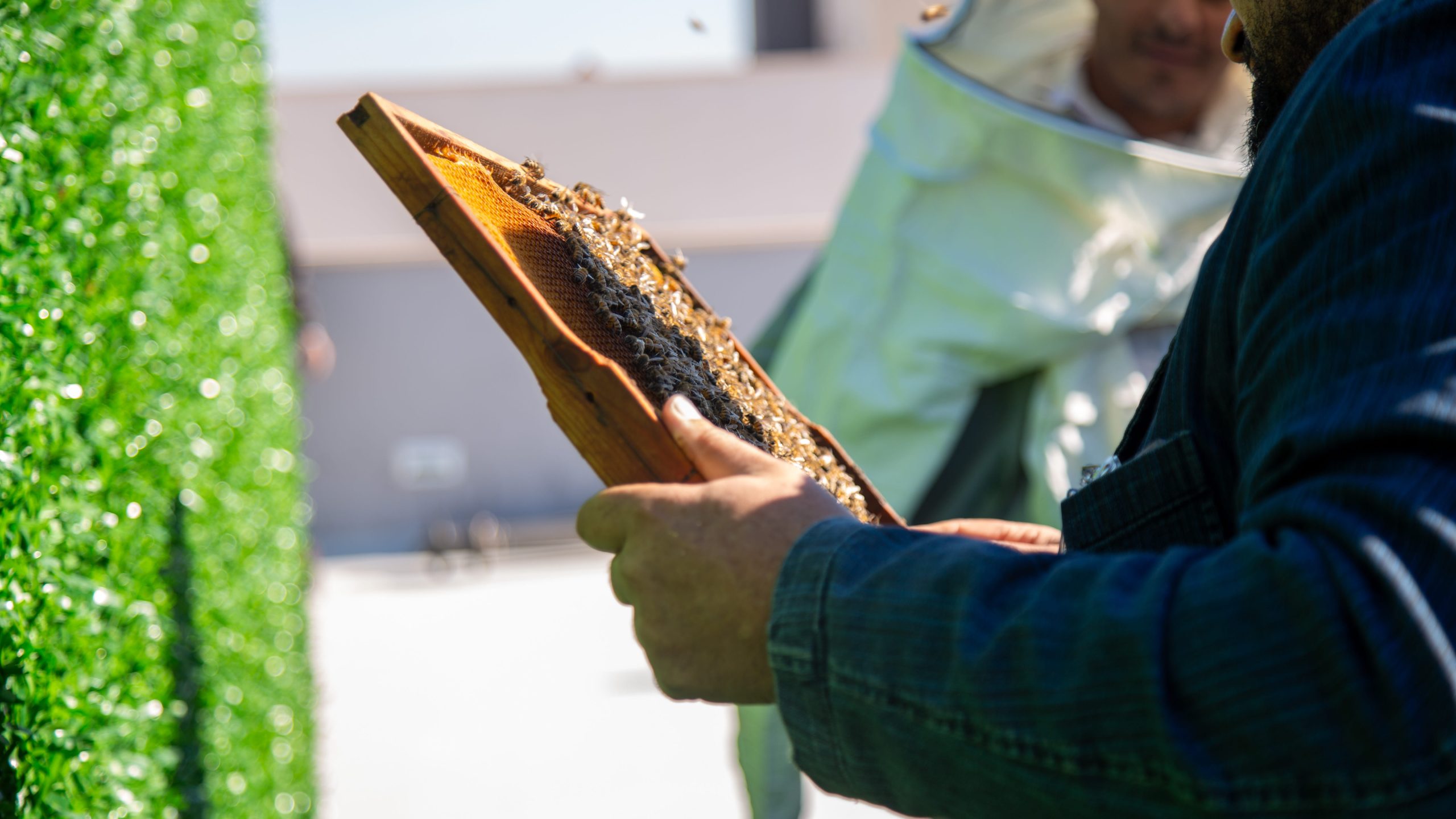
Environmental Benefits
Urban beekeeping significantly enhances urban biodiversity and provides essential pollination services. Bees are critical indicator species, reflecting the health of their environment. Their presence in urban areas helps monitor and maintain ecological well-being. This environmental stewardship is mirrored in the broader goals of Libya’s beekeeping industry, aiming to bolster environmental health through improved pollination and biodiversity.
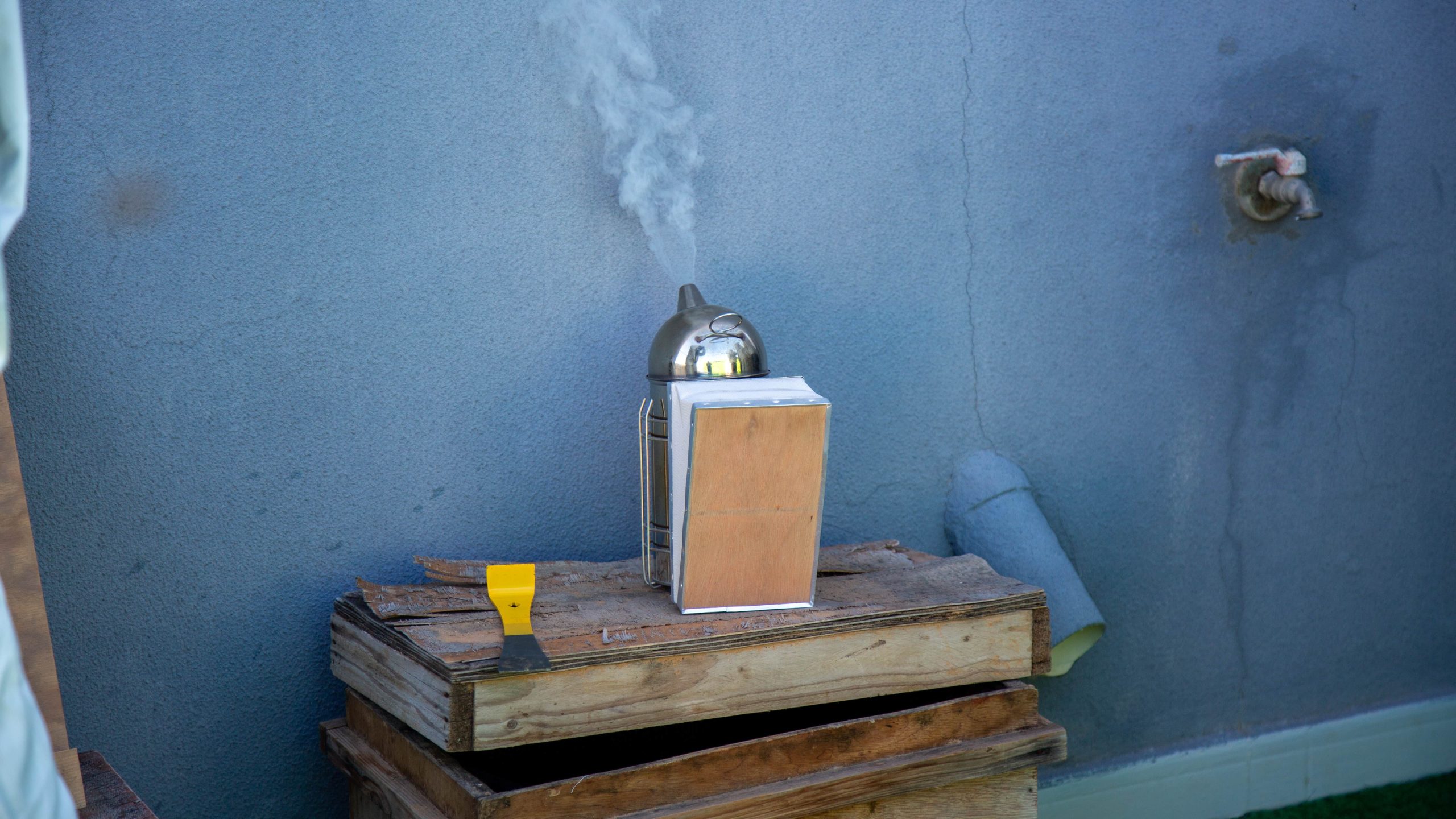
Social Benefits
Urban beekeeping offers unique social benefits. It provides educational opportunities, fostering a deeper understanding of ecological systems among city dwellers. It also promotes social cohesion by bringing communities together around a shared interest. Additionally, the production of local honey provides health benefits, offering a nutritious and natural food source.
In Libya, these social benefits are extended through comprehensive training programs and resource centers targeting both new and experienced beekeepers. These initiatives educate and empower individuals, particularly women and vulnerable households, by providing sustainable income-generating opportunities.
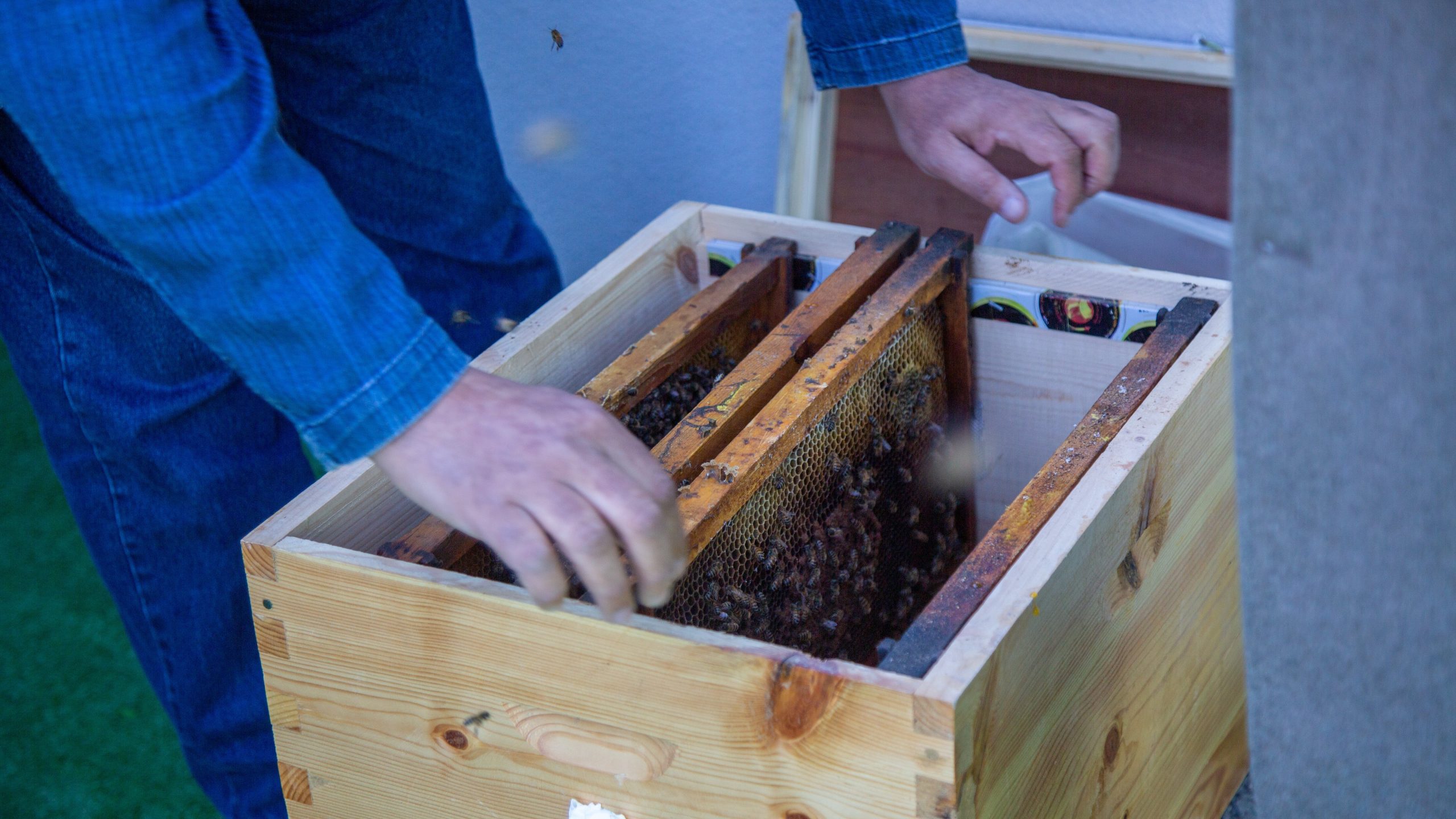
Economic Benefits and Industry Development
The economic advantages of urban beekeeping align with the strategic development goals of Libya’s beekeeping and honey industry. Urban beekeeping serves as a model for small-scale, sustainable income generation. In Libya, efforts are focused on overcoming industry challenges through a value chain approach that includes:
• Policy and Governance: Strengthening legislative frameworks and enabling institutional stakeholders like the Ministry of Agriculture to support industry growth.
• Input Supply and Finance: Improving access to beekeeping materials and investment capital.
• Production and Management: Enhancing technical support, governance, and management of beekeeping operations.
• Market Access: Developing processing, packaging, distribution, and promotion mechanisms to improve market linkages and protect local producers.
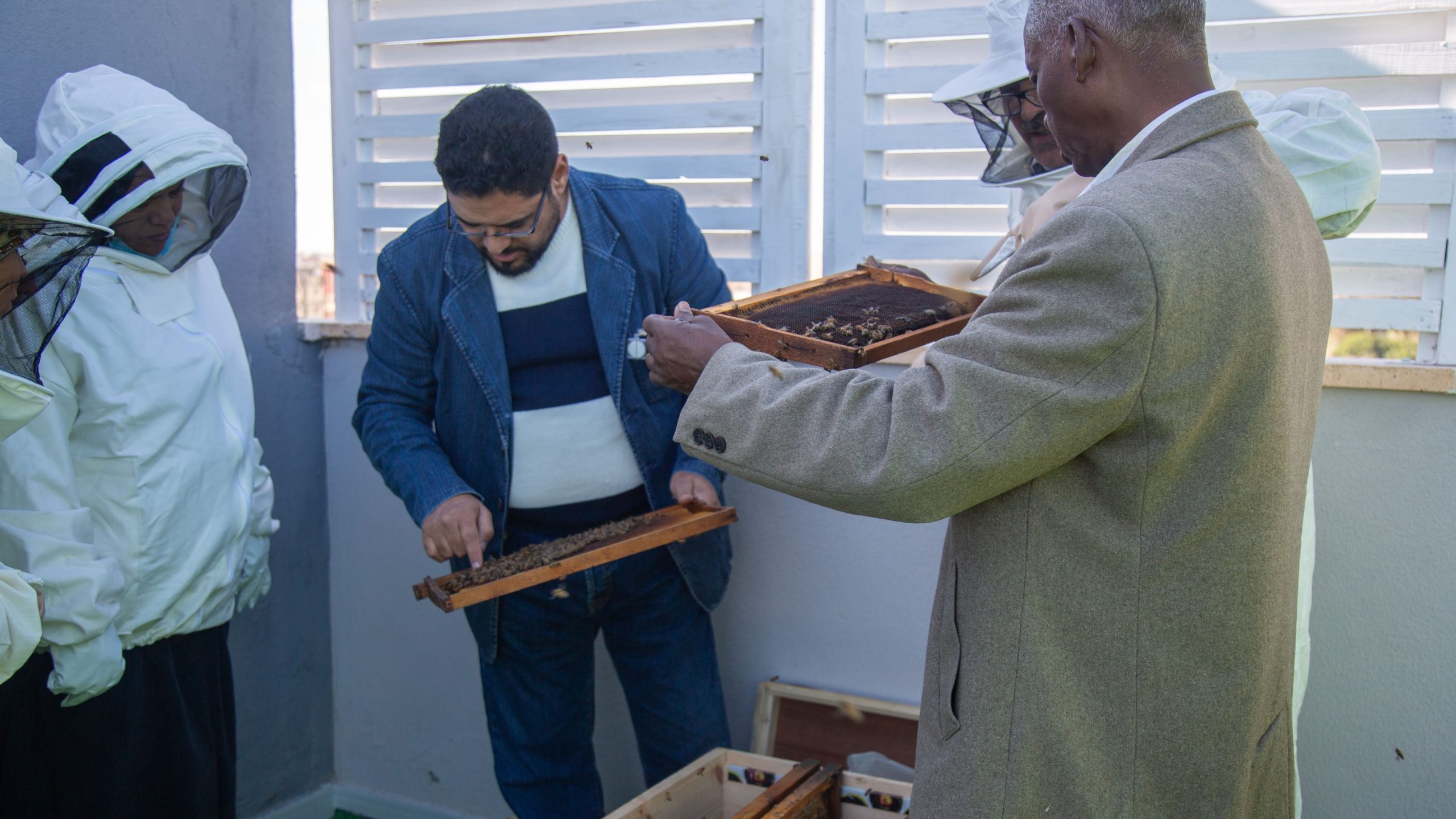
Beekeeping in Libya Initiative
The “Beekeeping in Libya” initiative, funded by USAID, focuses on enhancing the beekeeping and honey industry in Libya. The project aims to:
• Develop comprehensive industry statistics for strategic decision-making.
• Provide physical spaces, resources, and training to enhance the entrepreneurial and technical knowledge of current beekeepers while encouraging new beekeepers.
• Develop testing protocols and quality standards to safeguard consumer health and facilitate access to export markets.
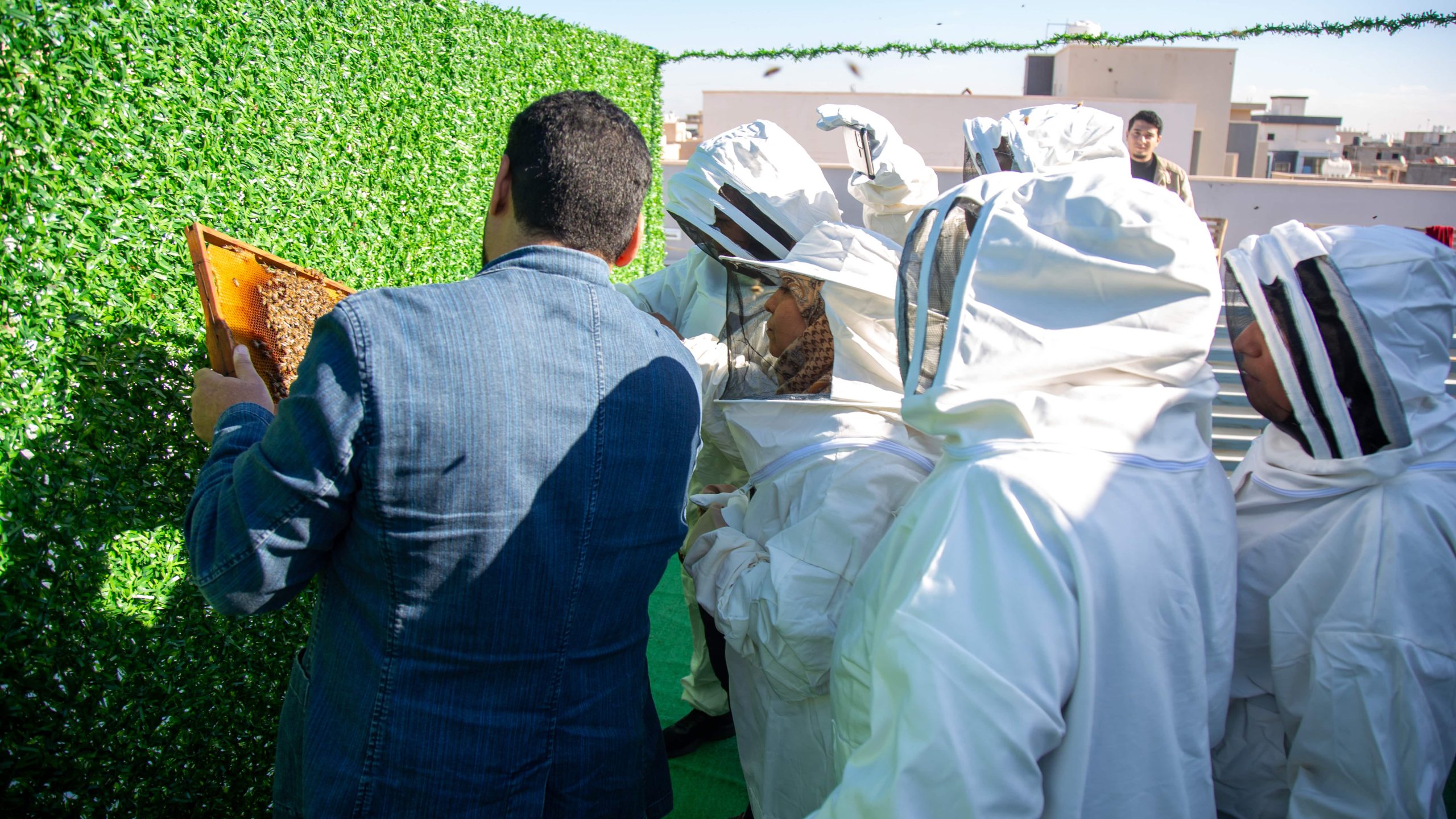
Activities and Implementation
1. Data Collection and Analysis: Establishing a data center to collect comprehensive statistics on apiaries, hive numbers, and beekeeper identities. This initiative will enable strategic decision-making and improve overall industry management.
2. Resource Centers and Training Programs: Creating a Beekeeping Coworking Resource Center and an online platform to provide beekeepers with essential tools, resources, and training. These resources will help break financial barriers and enhance technical and entrepreneurial skills.
3. Quality Standards and Testing Protocols: Researching and developing standards for honey production, creating testing protocols, and collaborating with local labs for quality assurance.
Integrated Approach for Libya
By integrating the benefits of urban beekeeping with the strategic development goals of Libya’s beekeeping and honey industry, we can create a comprehensive framework that supports environmental sustainability, social cohesion, and economic growth. This approach ensures that beekeeping practices are scalable and sustainable, benefiting both urban and rural communities.
Conclusion
The integration of urban beekeeping benefits with the strategic development of the beekeeping and honey industry in Libya presents a holistic approach that maximizes the environmental,
social, and economic advantages of beekeeping. This combined strategy will foster a more resilient and prosperous beekeeping sector in Libya, contributing to local and national development goals.
By leveraging the strengths of urban beekeeping and addressing the challenges faced by the industry, Libya can create a vibrant and sustainable beekeeping sector that supports communities, enhances biodiversity, and drives economic growth.
